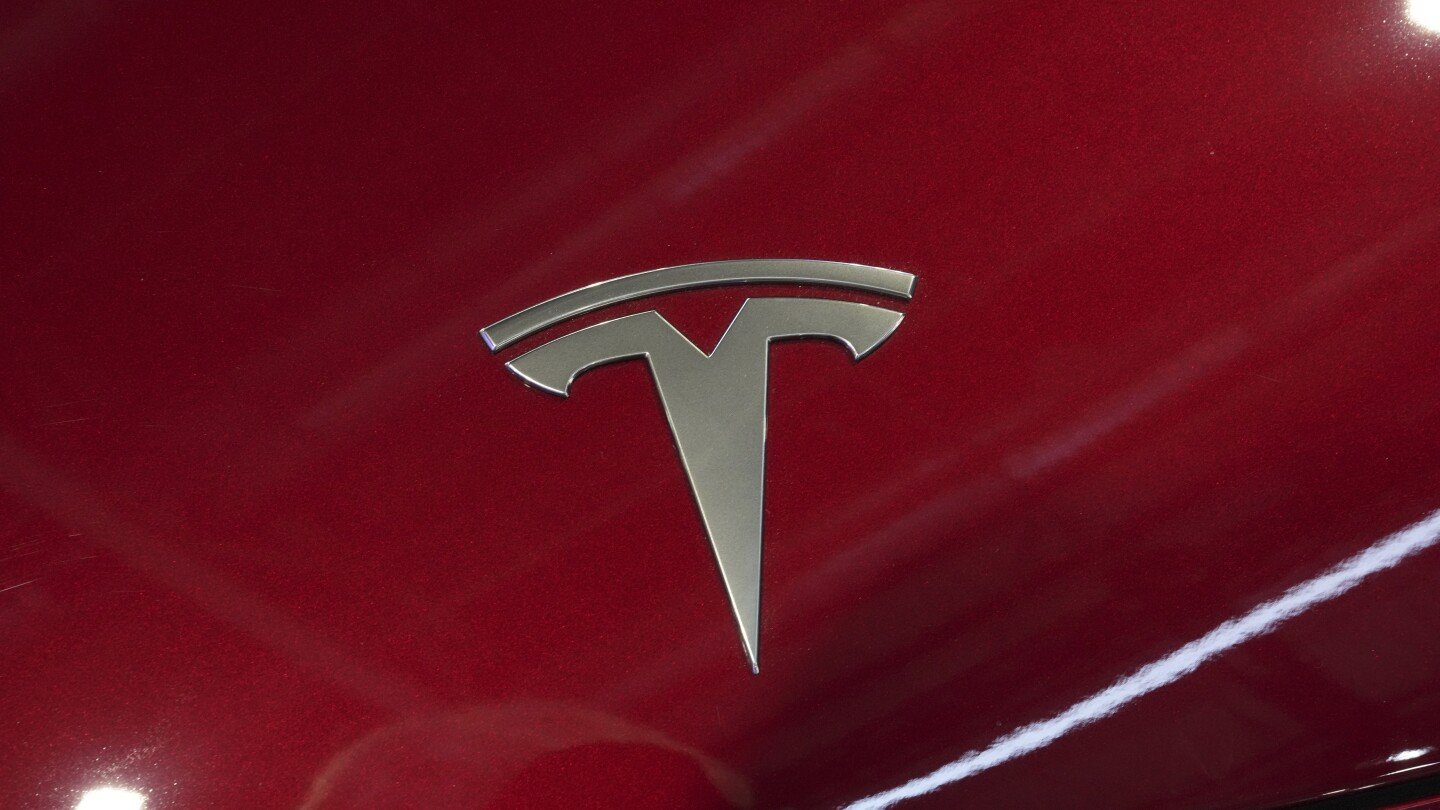The U.S. government’s road safety agency is again investigating Tesla’s “Full Self-Driving” system, this time after getting reports of crashes in low-visibility conditions, including one that killed a pedestrian.
The National Highway Traffic Safety Administration says in documents that it opened the probe on Thursday with the company reporting four crashes after Teslas entered areas of low visibility, including sun glare, fog and airborne dust.
In addition to the pedestrian’s death, another crash involved an injury, the agency said.
Investigators will look into the ability of “Full Self-Driving” to “detect and respond appropriately to reduced roadway visibility conditions, and if so, the contributing circumstances for these crashes.”



I’d accept that if the makers of the self-driving cars can be tried for vehicular manslaughter the same way a human would be. Humans carry civil and criminal liability, and at the moment, the companies that produce these things only have nominal civil liability. If Musk can go to prison for his self-driving cars killing people the same way a regular driver would, I’d be willing to lower the standard.
Sure, but humans are only criminally liable if they fail the “reasonable person” standard (i.e. a “reasonable person” would have swerved out of the way, but you were distracted, therefore criminal negligence). So the court would need to prove that the makers of the self-driving system failed the “reasonable person” standard (i.e. a “reasonable person” would have done more testing in more scenarios before selling this product).
So yeah, I agree that we should make certain positions within companies criminally liable for criminal actions, including negligence.
I think the threshold for proving the “reasonable person” standard for companies should be extremely low. They are a complex organization that is supposed to have internal checks and reviews, so it should be very difficult for them to squirm out of liability. The C-suite should be first on the list for criminal liability so that they have a vested interest in ensuring that their products are actually safe.
Sure, the “reasonable person” would be a competitor who generally follows standard operating procedures. If they’re lagging behind the industry in safety or something, that’s evidence of criminal negligence.
And yes, the C-suite should absolutely be the first to look at, but the problem could very well come from someone in the middle trying to make their department look better than it is and lying to the C-suites. C-suites have a fiduciary responsibility to the shareholders, whereas their reports don’t, so they can have very different motivations.
The c-suites have the ultimate power and therefore ultimate responsibility for whatever happens in their organization. Similar to how parents can be held criminally liable for their children’s actions. It’s just that much more incentive for them to make sure things are in order in their organization.
Also, Citizen’s United ruled that corporations are people, so they can be held to the same standards of responsibility as other people.
It’s a pretty limited liability, as can be seen in a lot of incidents (e.g. mass shootings). You have to prove a pretty high standard of negligence for a parent to be responsible for their kids’ actions.
The same should be true for anyone else as well, if the C-suite is unaware that something negligent or illegal was going on two levels below, they shouldn’t be held liable for that. You should only be liable for a crime that you are aware of, or should have been aware of if you were doing your due diligence. But yes, in many cases, the C-suites should be held to task here.
That’s the thing though…I think it is part of their due diligence to know what’s going on in their own business. If they can’t guarantee that it’s safe, they shouldn’t release it.
If their reports are lying to them, and not in a way that they should have detected, then I don’t think it falls on them if things go sideways. And that happens somewhat regularly, when you have a VP or something somewhere painting a much rosier picture that what is actually happening on the ground.
At that point, it comes down to a call on whether they were negligent.